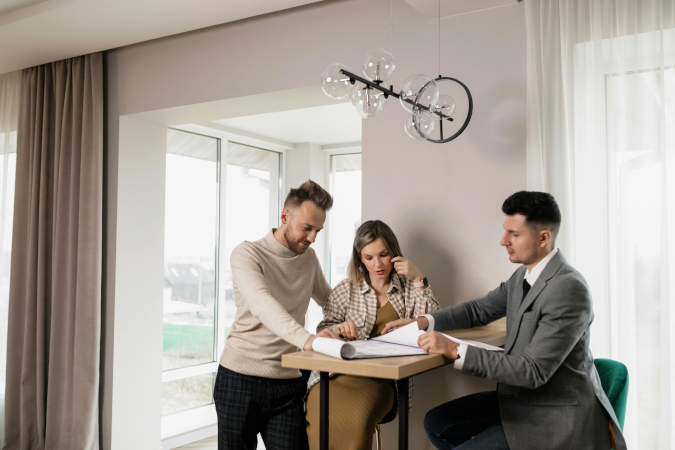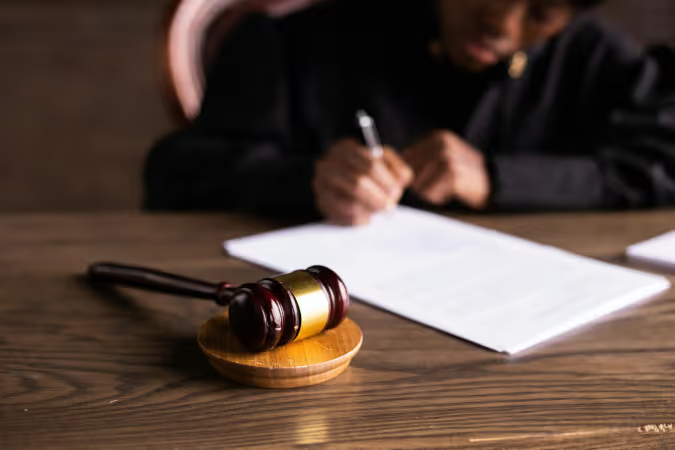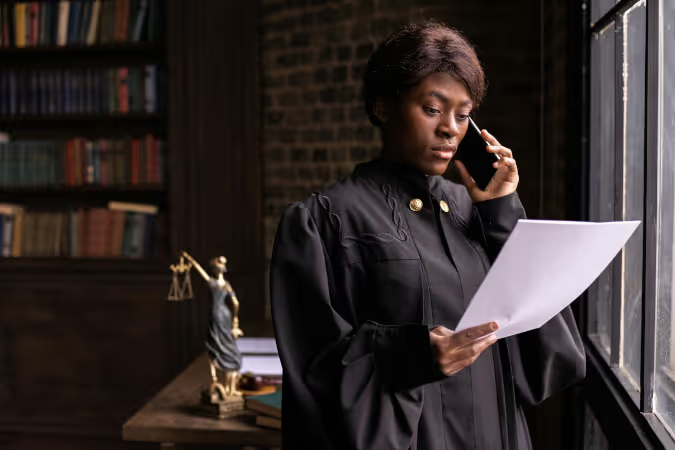Repairs and Maintenance:
Residentiallandlords (private and social landlords) are being advised byGovernment that they should only access tenants’ properties toinspect or repair “serious and urgent issues”. They are advisedto take a “pragmatic, common-sense” approach to non-urgentrepairs.
The advice is included in a guide issued over the week-end - Coronavirus (COVID-19) Guidance for Landlords and Tenants – which sets out landlords’ new responsibilities and landlord and tenants’ rights effective during the coronavirus outbreak.
The guide statesthat a landlords’ legal obligations “have not changed” as aresult of the outbreak; tenants still have “a right to a decent,warm and safe place to live”, but that does not mean that landlordsor their tradespeople should put themselves or tenants at risk.
The guidance callsfor a “pragmatic, common-sense approach” to all non-urgent issuesand acknowledges that the outbreak may prevent routine inspectionsand some repairs.
The guide coversother issues including new rules on seeking possession, guidance ondealing with rent arrears and general property access and health andsafety issues, including access for gas safety checks. It should benoted that increased notice periods were introduced by law last week,as well as the 90-day moratorium on possession hearings introducedfor courts in England and Wales.
The guide alsocontains advice for local authorities and enforcement; they shouldtake a "pragmatic approach to enforcement" of standardsduring the outbreak, taking into account if landlords have taken allreasonable steps to carry out safety checks, including gas - theywere not be in breach of the law.
It is proposed thataccess with the usual precautions is only sought for “serious andurgent issues”.
Examples mayinclude:
- problems with the fabric of your building, for example the roof is leaking
- a broken boiler, leaving tenants without heating or hot water
- water supplies leaving tenants without washing or toilet facilities
- gas safety issues
- failed appliances such as fridge, freeze or washing machine
- critical security failures such as a broken windows or external doors
- failure of equipment for a disabled person
According to areport by Inside Housing it is not as yet clear whether theguidance leaves room for access to the property or delays to carryout routine inspections required by law – such as gas safetychecks.
“Tenants shouldlet their landlords know early if there is a problem and landlordsshould take the appropriate action. We understand currentrestrictions may prevent routine and obligatory inspections,” itsays.
“While resourcesare stretched, we are recommending a pragmatic approach toenforcement from local authorities. This should mean that tenants whoare living with serious hazards that a landlord has failed to remedycan still be assured of local authority support. Landlords shouldalso know they should not be unfairly penalised where COVID-19restrictions prevent them from meeting some routine obligations.”
The guidance“strongly advises” tenants to “take additional measures such asremaining in separate rooms during any visits”.
Previous guidanceissued last week said that no work should be carried out by atradesperson with coronavirus symptoms and only work to remedy adirect safety issue should be carried out where people are isolatingor being shielded from the virus due to a vulnerability.
Separate guidancewas issued to local authorities regarding enforcing standards in therented sector during the outbreak.
With regard to gasand electrical checks, the guidance says: "Both regulations areclear on the issue of compliance. If a landlord can show they havetaken all reasonable steps to comply with their duty under theregulations, they are not in breach of the duty.
"A landlordcould show reasonable steps by keeping copies of all communicationsthey have had with their tenants and with electricians as they triedto arrange the work, including any replies they have had.
"Landlords mayalso want to provide other evidence they have that the installation,appliance or flue is in a good condition while they attempt toarrange works. This could include the servicing record and previouslandlord gas safety check record."
On rent arrears,tenants are advised to continue paying rent and should “speak totheir landlord at the earliest opportunity” if they are unable todo so.
The guidance urgeslandlords to “offer support and understanding to tenants who maystart to see their income fluctuate,” for example, “This caninclude reaching a temporary agreement not to seek possession actionfor a period of time and instead accept a lower level of rent, oragree a plan to pay off arrears at a later date.”















.avif)
.avif)

















Comments